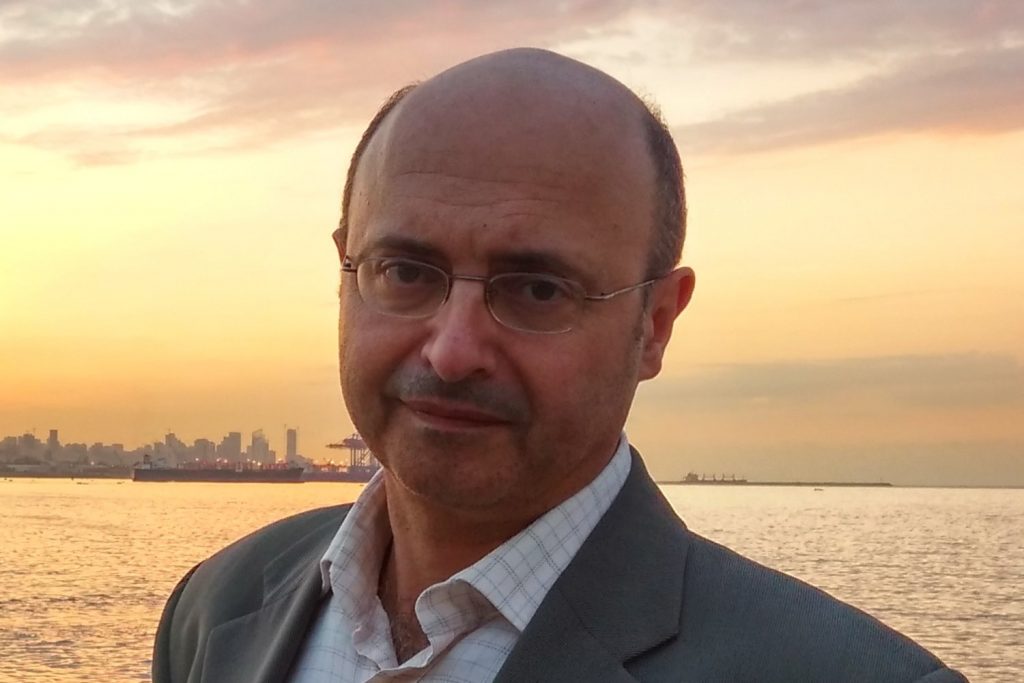
William Mougayar, venture capitalist and author of “The Business Blockchain,” is launching an investment firm for blockchain startups and cryptocurrencies.
Mougayar will head up the new entity, dubbed JM3 Capital, under the Blockchain Technology Ventures division, which is being being spun off from Switzerland-based Jabre Capital Partners, according to an announcement on Monday.
The new branch aims to invest in blockchain startups, certain tokens and publicly tradeable cryptocurrencies, the firm said.
Every project or token that the fund invests in must show a high potential for appreciation, Mougayar told CoinDesk, explaining:
The strategy that we outlined is to do standard VC-style investments in blockchain companies. We’ll find those companies that are doing some very interesting work in the space. And, secondly, it’s to be involved in those that are creating the token-based protocols. Thirdly, it’s to invest in cryptocurrencies that are undervalued, so more of a buy-and-hold strategy.”
He stressed that Blockchain Technology Ventures is “not a hedge fund,” but “more a venture capital-style fund that will take a long-term view to the market.”
Mougayar could not say if the firm has already planned to invest in any cryptocurrencies or startup projects, but he did not discount investing in any particular coin or token.
The company plans to launch its first fund in July, he said, pending final approval from Switzerland’s Financial Market Supervisory Authority (FINMA). An application is in its final stages, and the fund will be regulated by authority after it launches.
“I think this is going to be significant – it’s good to see more regulated funds. It’s good to see more regulation in this space because it brings more credibility to the market and a regulated fund lives up to higher standards – that’s good for investors,” he said.
Startups looking for funding will be able to pitch their tokens and projects to the company, according to Mougayar, who added he will be specifically interested in early-stage projects and will use his experience in investing to determine whether to grant funding.
“There’s a lot of pattern recognition,” he said, adding “the advantage of seeing a lot of activity is you can have better insights as to what constitutes a better [project].”
Projects will have to fit certain criteria to be considered for funding.
“You have to have a good team that is competent, you have to show you can execute and it’s not just theoretical,” Mougayar said. “A lot of companies put out websites and white papers and they dress up the websites and want investors to invest based on that. We want to do a lot more diligence.”
